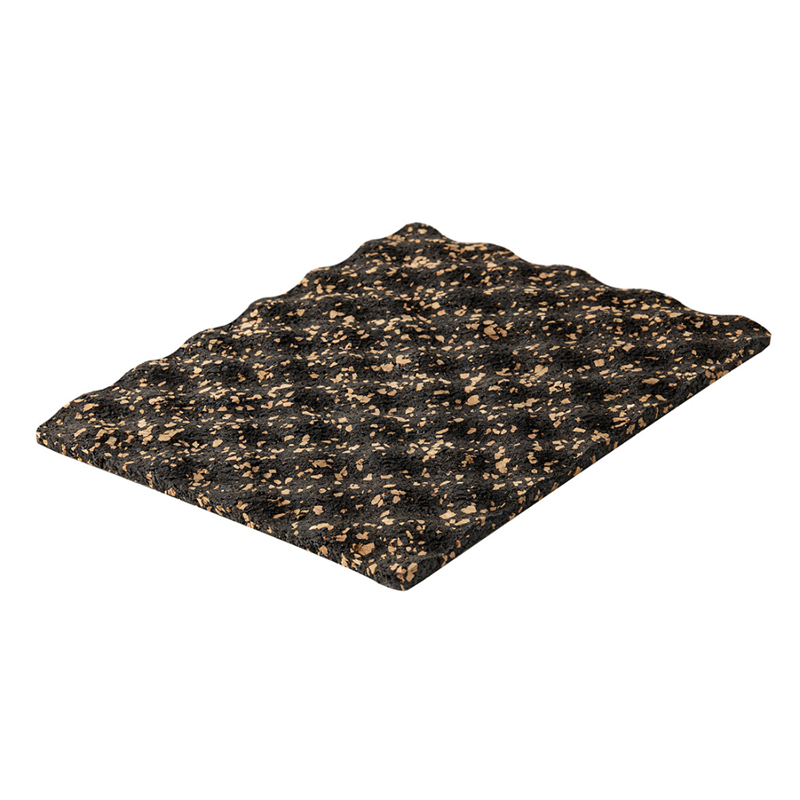The Center for Islamic Civilization, Tashkent, Uzbekistan
-
Materials used
Material category
Underscreed
Material reference
U85 Acousticork -
Project details
Location
Tashkent, Uzbekistan
Project date
Ongoing -
Companies involved
Promoter
Khokimiyat (administration) of the city of Tashkent
Interior architecture/set design
Wilmotte & Associés Architectes
Museology, signage and graphics
Avesta Group
Control office/Design office
MK3
Lighting design
8-18 -
Links úteis
Project overview
Scheduled to be inaugurated in 2023, the new Center for Islamic Civilization, in Tashkent, the capital of Uzbekistan, is an emblematic project for the country, which aims to become the leading centre dedicated to the history, culture and education of the Muslim world.
With a total area of 45,000 m2, the building will house a museum with an area of 6,000 m2 and eight galleries, as well as a conference room, library and the national archives.
The centre will house ancient manuscripts, silk screen prints and other historical documents, including the Samarkand Kufic Qu’ran. This late 7th or early 8th century manuscript is one of the oldest known copies of the Qur'an and is currently kept in the Hast Imam library in Tashkent.
Create a silent space
To guarantee the silence and comfort of users and visitors inside the complex, the project foresees the application of 22,000 m2 of Acousticork underscreed on the floor of the new Center for Islamic Civilization.
The underscreed is installed on the floor between the structural slab and the screed during the construction process. Its application significantly reduces the propagation of impact noise through buildings’ structural elements and improves their acoustic insulation. These two benefits respond to the project’s performance requirements.
-
Materials used
The underscreed chosen for the Center for Islamic Civilization was U85, from Amorim’s Acousticork range.
Produced with circular economy materials, it consists of agglomerated cork mixed with recycled polyurethane foam and a layer of recycled rubber to insulate impact noise from the floating screed.
The use of waste from other industries and recycled raw materials make it an ecological option, compared to other acoustic insulation solutions.

